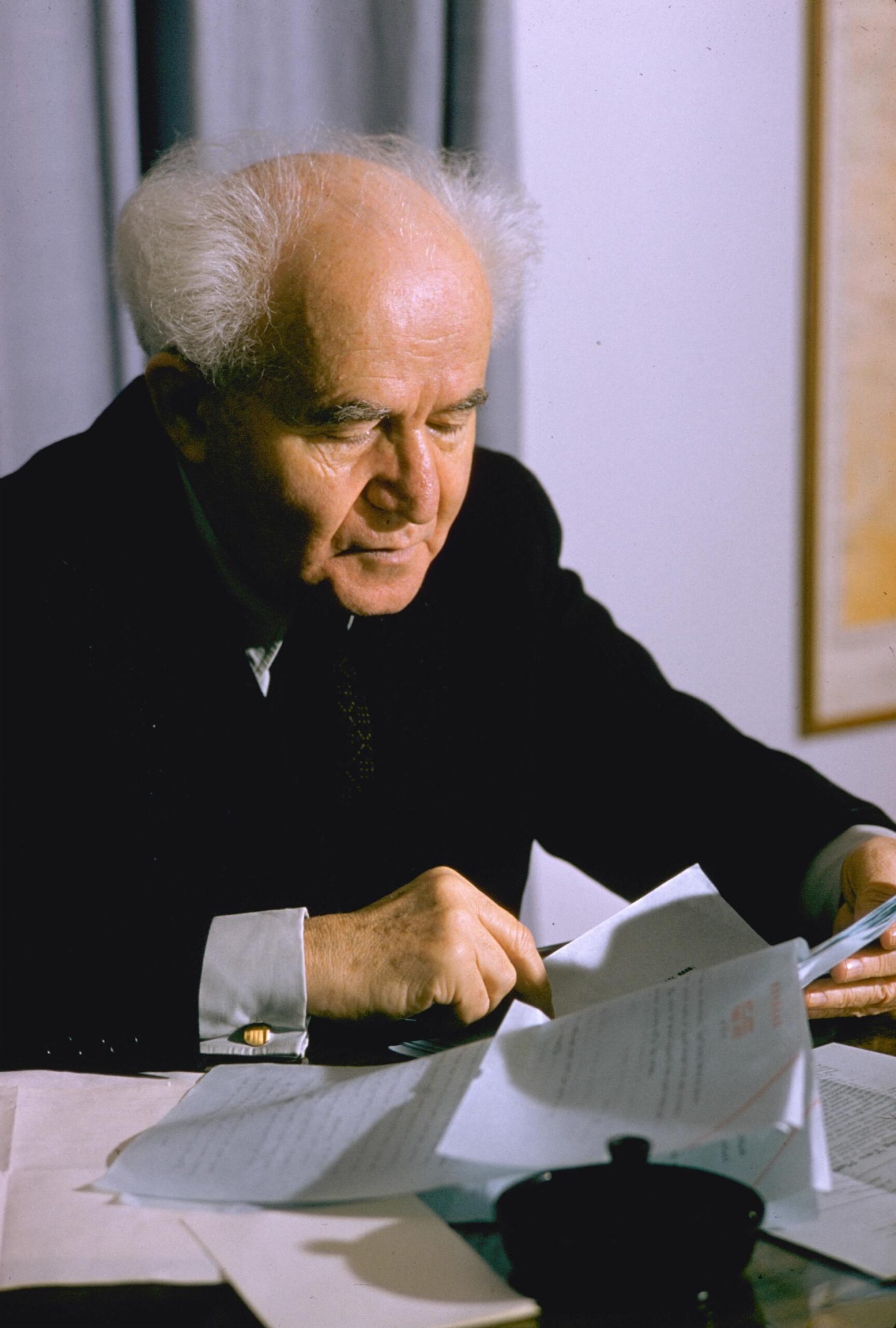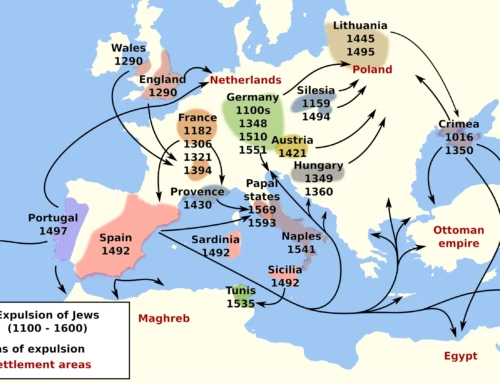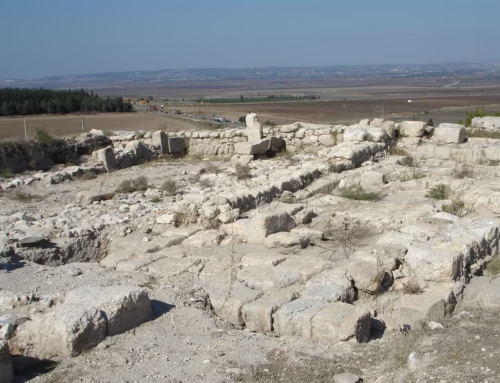Four elections in two years
Israel has recently held three elections in one year and now faces a further election since the budget was not approved in December. The division in the Knesset reflects the division in the nation.

As no budget was adopted on 23 December, the Knesset will be dissolved automatically, and a new election will be held – the fourth in the last two years. Israeli society has been hit hard by public restrictions due to the Corona epidemic and major anti-government demonstrations have been held in Tel Aviv for several months. The division is also deep in the Knesset. To keep all coalition partners and the small party in a good mood, the Israeli government currently fields 35 ministers and 16 deputies. This is to be compared with David Ben Gurion’s original government formed in 1949, which had 12 ministers. While Israel has never before experienced so many elections in such a short time, the country has also previously known periods of governmental instability.
Four governments
After the election to the Knesset in July 1951, the situation was very unstable. This resulted in four separate governments, two different prime ministers and several resignations. It began with the formation of a government by David Ben-Gurion in October 1951. This government resigned in December 1952 due to a dispute with the religious parties. Ben-Gurion then formed another government but resigned in December 1953 to leave politics and settle in Sde Boker in the Negev desert.
Moshe Sharett then formed a new government in January 1954 but resigned in November 1955. The new government didn’t last long, and a general election was held on July 26, 1955 when Ben Gurion returned to politics.
The ensuing period became one of the most stable in Israel’s history. There were only two governments, and it’s the only term of office so far in which neither party divided nor merged.
Security
Crucial to stability and pivotal to recalling Ben Gurion to politics was the threat from Egypt to “throw the Jews into the Mediterranean.” Egypt’s foreign minister, Muhammad Salah al-Din, said in early 1954 “The Arab people will not be embarrassed to declare: We shall not be satisfied except by the final obliteration of Israel from the map of the Middle East.”
In his Statement to the Knesset, November 1955, in which Ben Gurion mentioned the word ‘security’ on 26 occasions, he said: “Our problem is not simply the security of our independence, our territory, our borders, our regime, but the security of our simple physical survival. Our enemies are scheming not only against our territory and independence. Their plan, as many of them state frankly, is to throw us all into the sea. Let us not forget that during World War 2, the majority of Arab rulers admired Hitler and looked forward to his victory.” A few months later, the Sinai War erupted. David Ben Gurion continued as Prime Minister for eight years.



